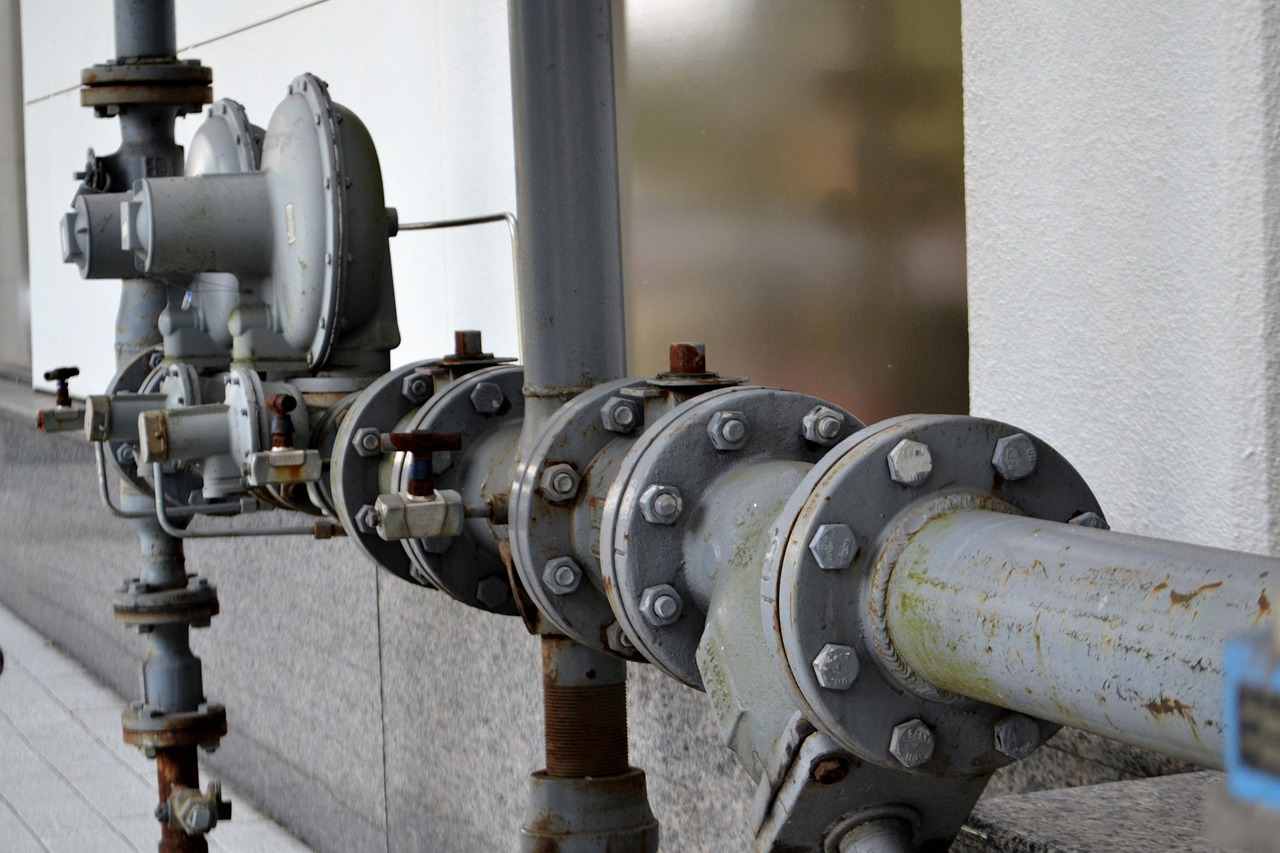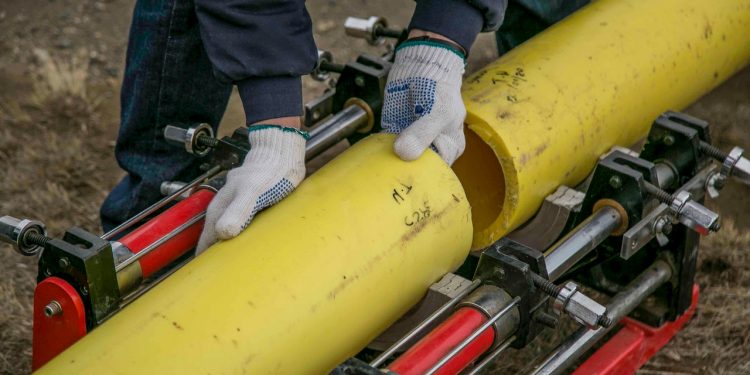If you’ve ever experienced a backed-up sewer line, you know how frustrating and inconvenient it can be. Not only is it unpleasant to deal with, but it can also cause serious damage to your home or business if left unchecked. So, what is the most common cause of a backed-up sewer line, and how can you prevent it from happening in the first place?
The Most Common Cause Of A Backed-Up Sewer Line
The most common cause of a backed-up sewer line is a blockage caused by a buildup of grease, hair, and other debris. This type of blockage can occur in both residential and commercial properties, and it can be caused by a variety of factors, including:
- Improper disposal of grease and oil: When grease and oil are poured down the drain, they can solidify and adhere to the inside of the pipes, eventually causing a blockage.
- Flushing inappropriate items down the toilet: Toilet paper is designed to break down easily in water, but other items, such as baby wipes and feminine hygiene products, do not. When these items are flushed, they can get stuck in the pipes and cause a blockage.
- Tree roots growing into the sewer line: Tree roots are attracted to the moisture and nutrients in the sewer line, and they can grow into the pipes and cause a blockage.
How To Prevent A Sewer Line Backup

To prevent a sewer line backup, it’s important to be mindful of what you flush down the toilet and properly dispose of grease and oil. It’s also a good idea to have your sewer line inspected regularly to identify and address any potential blockages before they become a major issue.
If you do experience a sewer line backup, there are a few steps you can take to try and clear the blockage:
- Use a plunger: For minor blockages, a plunger can sometimes be effective at breaking up the obstruction and restoring flow to the pipes.
- Use a drain snake: A drain snake is a flexible tool that can be inserted into the pipes to break up and remove blockages.
- Use chemical cleaners: Chemical cleaners are a more aggressive option that can be used to dissolve grease and other debris, but they should be used with caution as they can be harmful to the environment and your pipes.
If these methods are unsuccessful, it’s best to call a professional plumber. They will be able to diagnose the cause of the blockage and recommend the appropriate course of action to resolve the issue.
There Are A Few Different Methods That Can Be Used To Unclog A Main Sewer Line:
- Use a plunger: For minor blockages, a plunger can sometimes be effective at breaking up the obstruction and restoring flow to the pipes.
- Use a drain snake: A drain snake is a flexible tool that can be inserted into the pipes to break up and remove blockages.
- Use chemical cleaners: Chemical cleaners are a more aggressive option that can be used to dissolve grease and other debris, but they should be used with caution as they can be harmful to the environment and your pipes.
- Hydro jetting: Hydro jetting is a process in which high-pressure water is used to blast through and clear blockages in the pipes.
You May Have A Main Sewer Line Clog If You Are Experiencing Any Of The Following Symptoms:
- Multiple drains in your home or business are clogged or slow to drain
- A strong smell of sewage coming from the drains
- Raw sewage backing up into your home or business
The amount of time it takes to fix a backed-up sewer will depend on the severity of the blockage and the method used to clear it. A minor blockage may be able to be cleared in a matter of hours, while a more severe blockage could take several days to resolve.
The best way to clean out a sewer line is to prevent blockages from occurring in the first place. This can be done by being mindful of what is flushed down the toilet and properly disposing of grease and oil.
Regular sewer line inspections can also help to identify and address any potential blockages before they become a major issue. If a blockage does occur, it’s important to address it as soon as possible to prevent further damage and costly repairs.
Conclusion
In conclusion, the most common cause of a backed-up sewer line is a blockage caused by a buildup of grease, hair, and other debris. To prevent this type of issue, it’s important to be mindful of what you flush down the toilet and have your sewer line inspected regularly. If you do experience a sewer line backup, there are a few steps you can take to try and clear the blockage, but if these methods are unsuccessful, it’s best to call a professional plumber.












